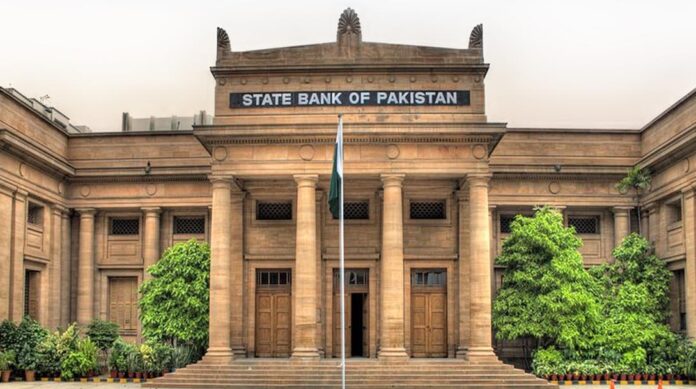The Federal Cabinet has formed a committee, led by Minister for Planning, Development, and Special Initiatives Ahsan Iqbal, to review amendments in the proposed State Bank of Pakistan (Amendment) Bill, 2024. The focus is on evaluating the implications of allowing dual nationals to hold sensitive positions within the central bank.
According to a news report, the draft amendments, proposed by the SBP under the State Bank of Pakistan Act, 1956, aim to address evolving business needs, including the issuance of digital currency, the establishment of subsidiaries, and flexible appointments for Directors, Monetary Policy Committee members, and Deputy Governors.
At a recent Cabinet meeting chaired by Prime Minister Shehbaz Sharif, the Ministry of Finance argued that restrictions on dual nationals, currently applied only to the Governor under Section 11A(6), limit the talent pool for key SBP roles. The Law and Justice Division had already vetted the proposed changes.
However, some Cabinet members expressed concerns, stating that dual nationals should not hold sensitive positions in the SBP or other government institutions. Others suggested that the Cabinet retain authority to grant exceptions on merit to secure qualified talent.
To address these concerns, the Cabinet established the committee under Rule 17(3) of the Rules of Business, 1973. Its members include the Ministers for Defence, Law and Justice, and Finance, along with the Secretary Finance and Chairman of the Federal Board of Revenue (FBR). The committee may also co-opt additional members as needed.
The committee’s Terms of Reference (ToRs) include reviewing the proposed amendments, assessing their implications, and recommending whether the changes should be adopted, rejected, or modified to allow exemptions for meritorious dual nationals under special circumstances. It will also consider whether such restrictions should apply solely to the SBP or extend to other government organizations.
The Ministry of Finance had sought in-principle approval to forward the bill to the Cabinet Committee for Disposal of Legislative Cases (CCLC). However, the Cabinet opted to form the committee to ensure a thorough review before proceeding further.




